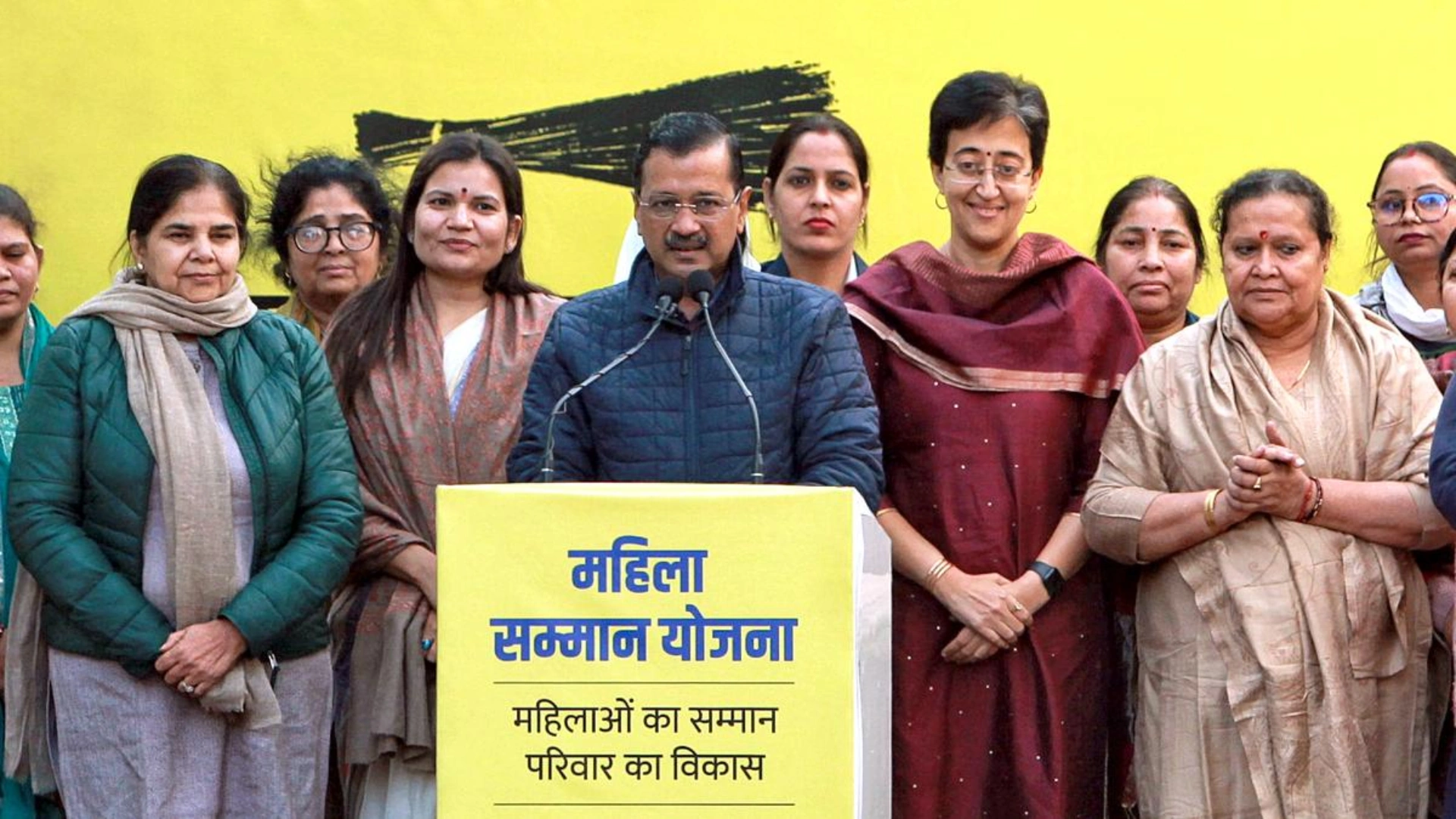With the counting results now confirming a decisive victory for the National Conference-Congress alliance, Omar Abdullah, 54, is set to be sworn in as chief minister for a second time. He previously held the position from January 5, 2009, to January 8, 2015. The political landscape has shifted significantly since his first term; Article 370, which provided special status to Jammu and Kashmir, has been revoked, and the region has been downgraded from a state to a Union Territory.
The National Conference has successfully crossed the majority mark with 42 seats, while the Congress party has secured around six seats. Another alliance partner CPIM has won one seat giving a total of 49 seats to the alliance. This outcome defies earlier exit polls that suggested a hung assembly.
“If you waste time discussing exit polls, you deserve the jokes and ridicule,” Omar posted on X while vote counting was in progress on Tuesday. In another post, he shared a moment with Prannoy Roy, former NDTV co-chairperson and founder of the election analysis platform deKoder, alongside selfies with supporters.
Omar wins both seats
Omar has won in both Ganderbal and Budgam, the two constituencies he contested. This victory comes after his defeat in the Lok Sabha elections to jailed Engineer Rashid from Baramulla in North Kashmir four months earlier.
Born in March 1970 in Rochford, England, Omar Abdullah hails from a prominent political family in Kashmir, which has produced three generations of chief ministers—Sheikh Abdullah, Farooq Abdullah, and now Omar.
He completed his early education at Burn Hall School in Srinagar and Lawrence School in Himachal Pradesh, later earning a Bachelor’s degree in Commerce from Sydenham College in Mumbai. Omar’s political journey began in 1998 when he was elected to the Lok Sabha from Srinagar.
Omar Abdullah the youngest minister in NDA
In 2001, he became the Minister of State for External Affairs in the NDA government, making history as the youngest minister at that time. During his tenure, Omar Abdullah faced controversies, including allegations of human rights abuses by security forces fighting separatist militancy. He consistently criticized these actions and advocated for the repeal of the Armed Forces Special Powers Act (AFSPA), which facilitated such violations.
Omar was one of the former chief ministers of J&K placed under house arrest ahead of the abrogation of Article 370 in August 2019. Emerging from detention in March 2020 with an unkempt beard, he described the situation as “a very different world.” He was released shortly after his father, Farooq Abdullah, signaling a slight easing of restrictions on opposition figures in the region.
Omar Abdullah as CM in past
During a campaign in September, Omar emotionally appealed to voters in Ganderbal, a family stronghold, by removing his cap and asking for another chance.
As Omar Abdullah prepares for a second term as chief minister, he will confront new challenges. The path ahead will likely be difficult, as Jammu and Kashmir remains a Union Territory, meaning he must navigate the authority of the Lieutenant Governor appointed by the Union Home Ministry.
Prior to the elections, Omar had stated he would refrain from contesting until statehood for Jammu and Kashmir was restored. “I am not going to sit outside the waiting room of the L-G and ask him, ‘Sir, please sign the file,’” he told the Indian Express in an interview. Nonetheless, he successfully contested two seats.
In the days leading up to the counting of votes for the Jammu and Kashmir assembly elections, Omar Abdullah ordered a traditional ‘achkan’ blazer for himself and a ‘band gala’ for his father, Farooq Abdullah, from a top tailor in Srinagar’s Lal Chowk. The Abdullahs appeared to be preparing for a swearing-in of the new government in the region, donning ceremonial attire.
Read More: Exit Polls Go Wrong Again, BJP Set To Win Haryana


















